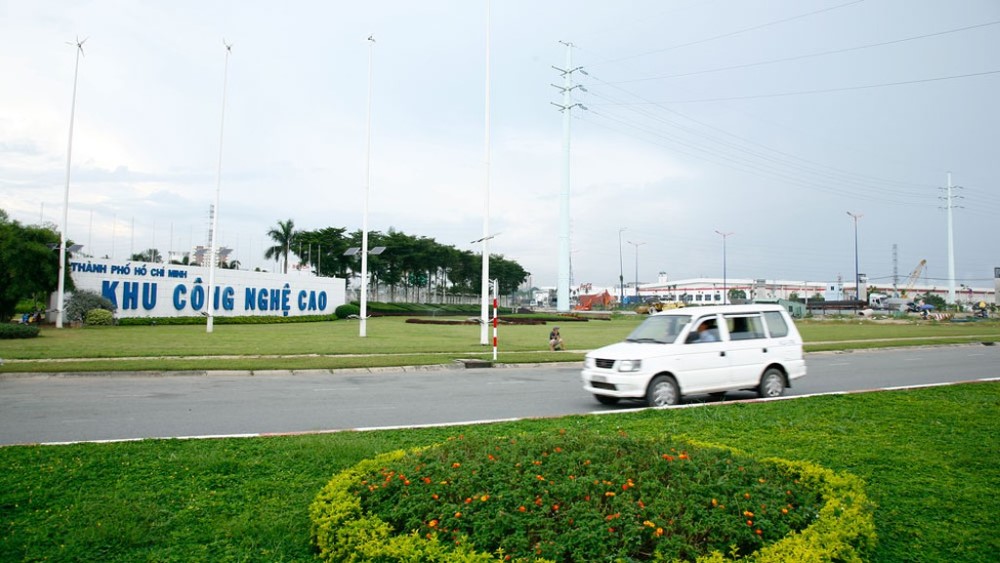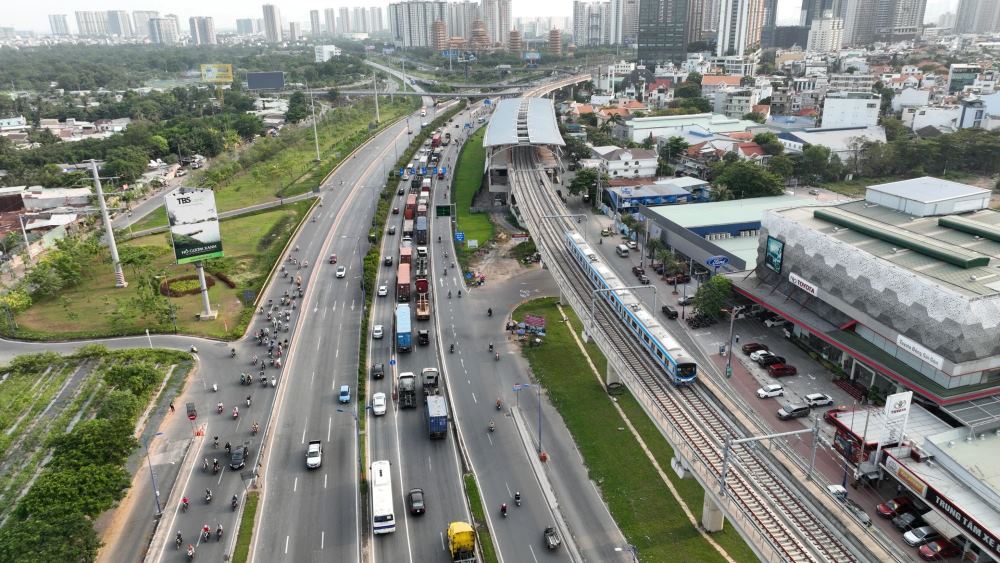Reducing Carbon Emissions – A Global Real Estate Development Trend
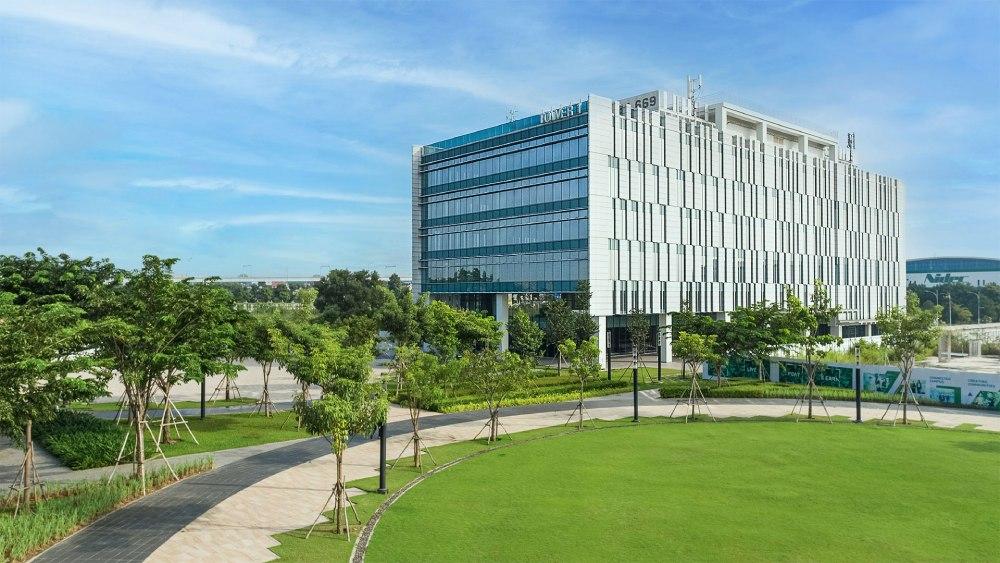
Recognizing the importance of environmental protection and carbon emission reduction is crucial today, especially in the real estate sector. This trend is becoming increasingly vital and is of interest to businesses and governments worldwide. In this article, we will explore why LEED-certified offices in Ho Chi Minh City have become an integral part of this trend and how these offices contribute to global carbon emission reduction.
The Global Picture
World Panorama
A report from the Intergovernmental Panel on Climate Change (IPCC) in April 2022 announced that greenhouse gas emissions are at a historic peak for humanity. Key sectors such as construction, transportation, industry, and energy play significant roles in transitioning the Earth’s emissions into the new decade. These are core industries of every urban and national economy, closely intertwined with the real estate sector and buildings.
Across the world, over 30 cities have committed to achieving carbon neutrality and have implemented various policies, incentive programs, and regulations to promote comprehensive city and economic transition in this direction. Notable cities in Asia include Hong Kong, Singapore, Shanghai, Seoul, and Tokyo.
A global report on carbon reduction in cities and the real estate sector, conducted by JLL, was published on the occasion of the World Economic Forum’s annual meeting in Davos 2022. This report summarizes the progress and efforts in reducing carbon emissions of major cities worldwide. At this event, Deputy Prime Minister of Vietnam, Mr. Le Minh Khai, shared information about Vietnam’s vision and development direction, where sustainable development is considered a crucial foundation of the economy.
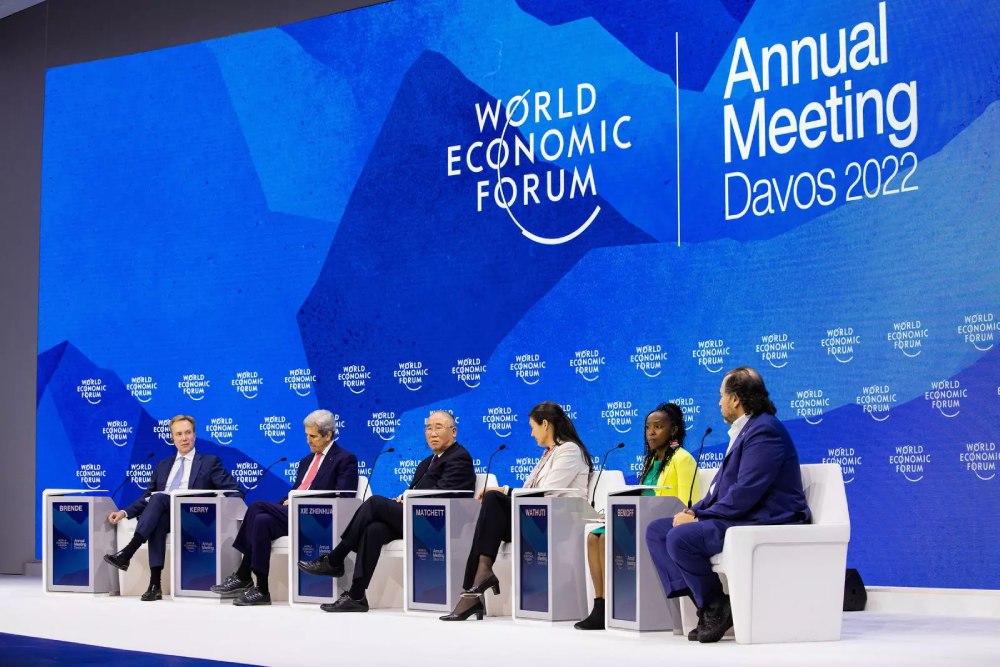
Annual Meeting Davos 2022 at the World Economic Forum
Asia in General and Vietnam in Particular
Five cities in Asia have taken the lead and publicly committed to achieving carbon neutrality, with the most ambitious mission being in Shanghai. Shanghai has set an ambitious target to reduce carbon emissions by 65% by 2030. Following closely is Tokyo, with a target of reducing carbon emissions by 50% by 2030 and becoming a fully carbon-neutral city by 2050.
These commitments are heavily influenced by the state of climate change and the potential vulnerabilities these cities may face. According to the World Bank, Vietnam is also considered a country susceptible to the impacts of climate change. Therefore, the process of decarbonization in Vietnam becomes more urgent and important than ever.
United Nations Climate Change Conference (COP26) 2021
In 2021, Prime Minister Pham Minh Chinh at the COP26 conference made a strong commitment to addressing climate change. Vietnam discussed balancing carbon emissions and set a target to reduce emissions by 43.5% by 2030 compared to the business-as-usual scenario. This is a significant commitment and marks Vietnam’s focus on environmental protection and emission reduction. The government has undertaken various regulatory activities related to green construction, and the private sector has played a significant role in promoting the trend of green construction, contributing to Vietnam’s decarbonization journey.
Practical Measures
Building Renovation
Decarbonization relies not only on new construction but also requires the retrofitting of existing buildings. Large commercial buildings completed before 2010 are becoming a crucial focus in this decade. As they contribute to 60% of the carbon emissions of cities, renovating them is as important as new construction to green standards. This is necessary because these buildings will exist until 2050 and are emitting every day.
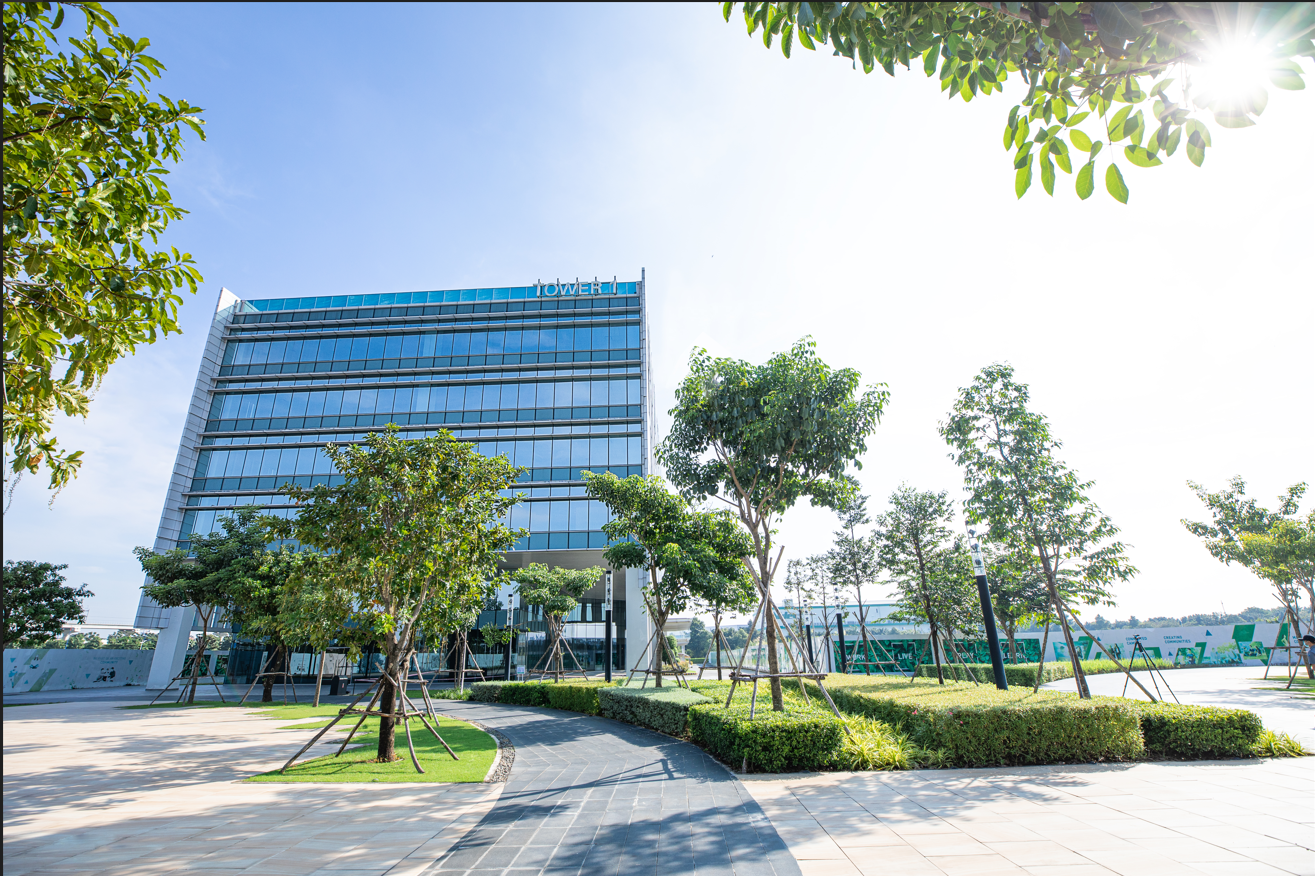
Renovating them is as important as building new ones according to green standards
Cities are developing regulations and market tools to reduce greenhouse gas emissions. Depending on the region, reporting requirements for emissions from buildings may be mandatory or voluntary. To keep pace with other cities in the region, Ho Chi Minh City and Hanoi need stronger efforts and may need to enforce penalties for buildings and projects that do not comply with national standards or planning.
Energy Regeneration
In the past three years, the energy transition process in Vietnam has made significant progress, focusing on the use of renewable resources instead of traditional energy. In the new Power Development Plan 8, the Government has clearly defined the addition of more renewable energy sources such as wind and solar power into the power development plan for the period from 2021 to 2030, with a vision toward 2045.
Some industrial buildings have started installing solar panels on roofs to minimize the use of energy from traditional fossil fuels. However, in other sectors such as offices, retail, and residential, the application of renewable energy is still limited, especially in large urban areas like Ho Chi Minh City, Hanoi, and Danang. Greening roofs with solar panels is an important activity in the decarbonization process of buildings in these cities.
See more: What is a green office building?
Circular Economy Multilateral Cooperation
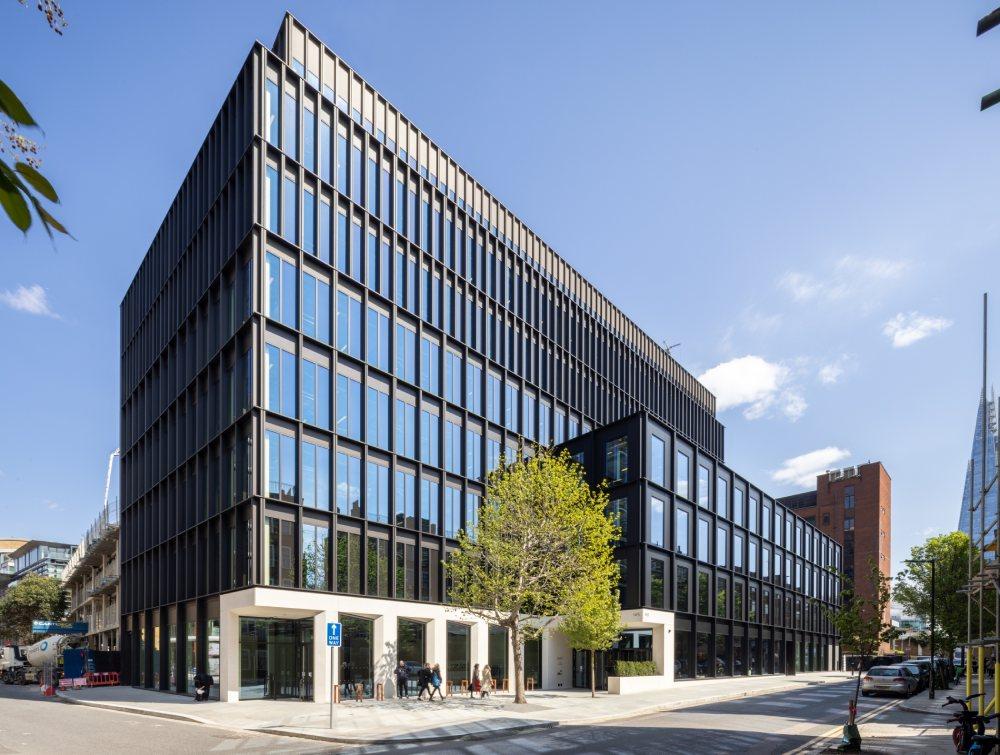
Using renewable energy in the real estate industry
Recently, Vietnam has witnessed the development of renewable energy and efforts to apply it in industries, especially the construction industry. However, the use of renewable energy in sectors like real estate and retail is still limited, especially in large urban areas.
At the same time, the trend towards a circular economy is also developing in Vietnam, with the cooperation of various stakeholders. The combination of using renewable energy and collaboration in the development process can help ensure that domestic buildings and industries contribute to the goal of reducing carbon emissions and building a more sustainable future.
OneHub Saigon – an Exemplary Project in the East of Ho Chi Minh City with a Focus on Developing Sustainable Green Office Buildings
OneHub Saigon is not only a campus-style business park but also represents innovation in the way commercial buildings are constructed and managed. This project sets high standards for energy efficiency, water and waste management, as well as the use of smart technology to optimize all aspects of building operations.
OneHub Saigon not only creates a modern and comfortable working environment for businesses but also contributes to the important goal of environmentally friendly greenhouse gas reduction in Ho Chi Minh City. With Tower 1 built to LEED Silver standards, OneHub Saigon proudly stands as the first LEED-certified office located in the Saigon High-Tech Park.
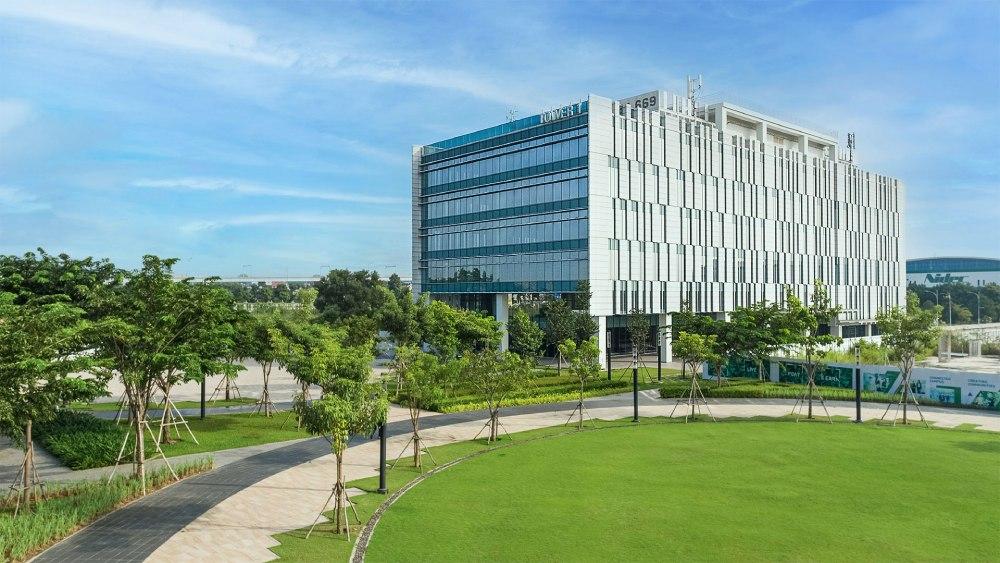
The OneHub Saigon project with Tower 1 achieving LEED Silver standards is environmentally friendly
Conclusion
Reducing carbon emissions is not just a trend in some countries but also a global commitment. Green solutions, from using renewable energy to smart management and using recycled materials, are becoming an integral part of the real estate industry. This not only contributes to environmental protection but also promotes sustainable development and creates significant value for society and the economy. We are moving towards a future where green office buildings like OneHub Saigon in the Saigon High-Tech Park actively contribute to reducing carbon emissions, and this is no longer a distant vision.
Learn more: OneHub Data Center with a $70 million investment


